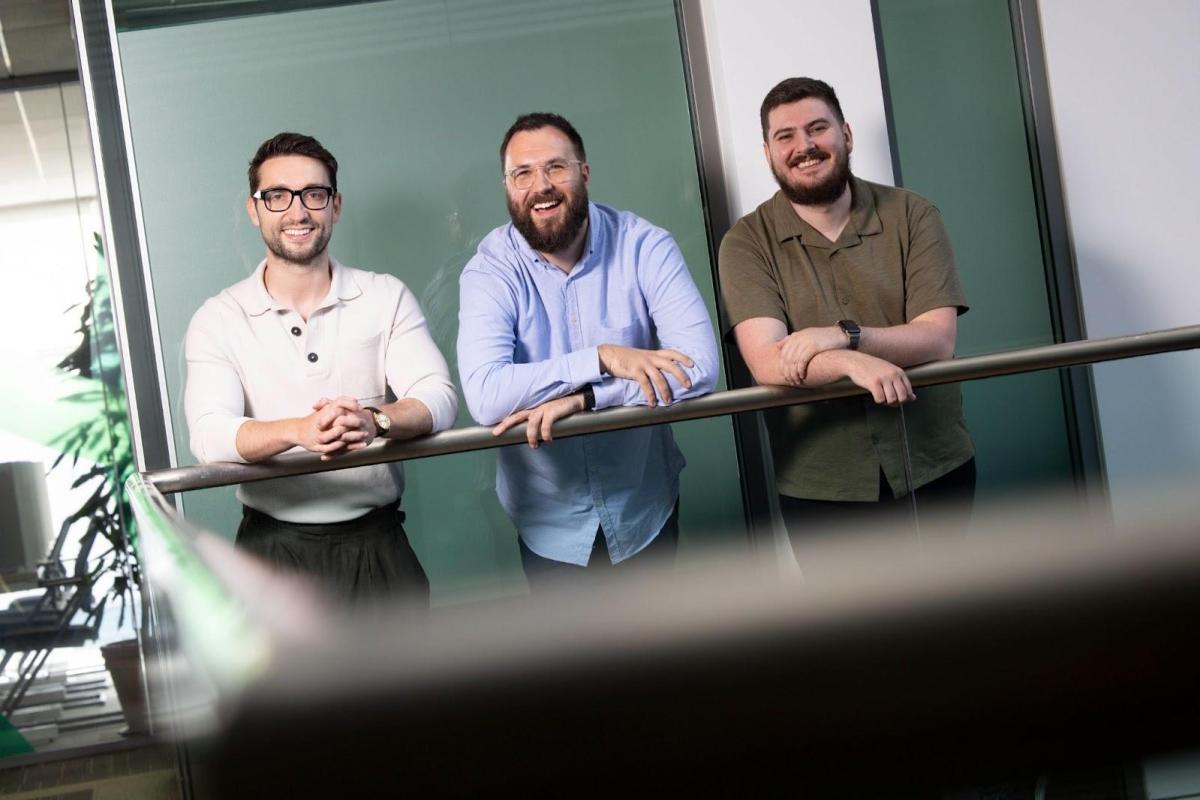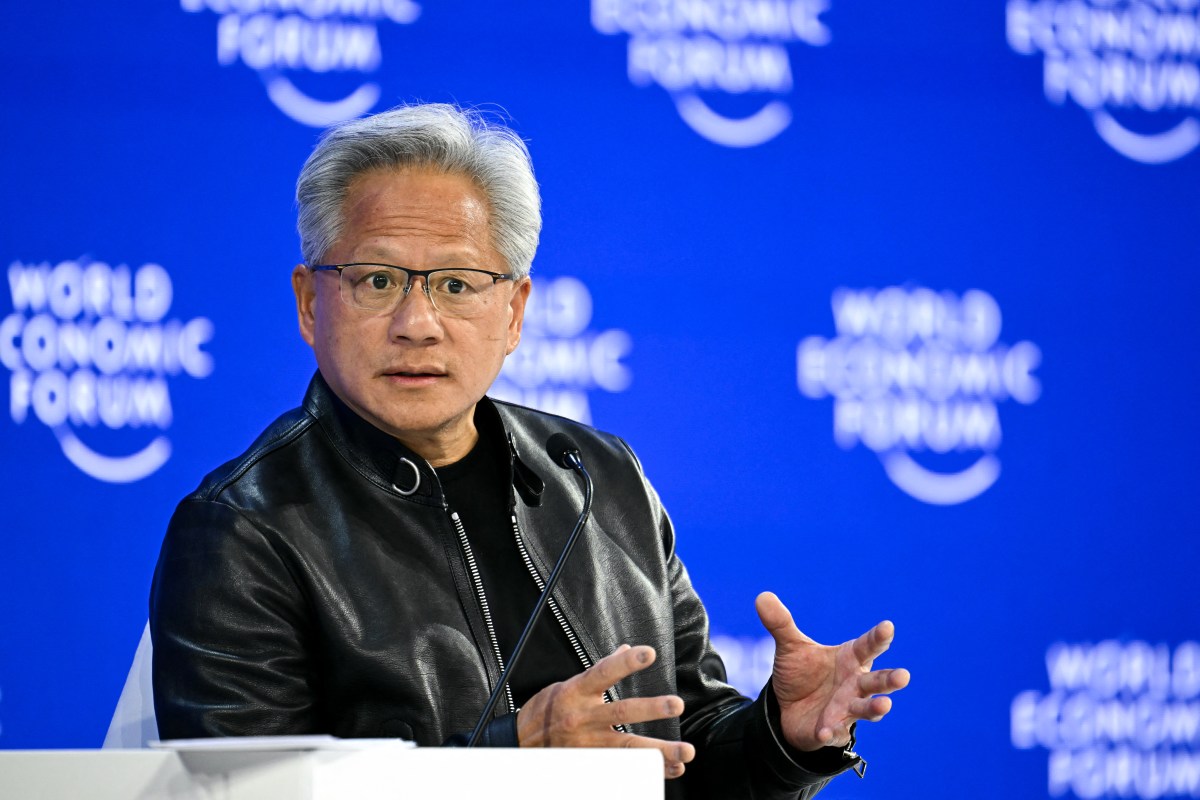
A multitude of businesses supplying goods and services to the EU’s 450 million consumers are now required to meet new accessibility standards that were implemented in June. Similar to the GDPR before, this new legislation led companies to hurriedly adjust their websites, e-commerce platforms, and banking applications. However, despite the existence of similar standards in the U.S., many still have significant progress to make.
“One aspect that surprised us was that companies, even large-scale corporations, approached us just two weeks before [the deadline], expressing their lack of awareness regarding this,” stated Irish entrepreneur Cormac Chisholm.
His startup, DevAlly, is among the pioneers in using technology to streamline the detection of accessibility issues for businesses. It also aids them in adhering to regulations such as the European Accessibility Act (EAA), which stipulates substantial penalties for new products and services that do not comply. (Existing products and services have a grace period until 2030 to achieve compliance.)
DevAlly, launched in 2024, conducts audits to identify accessibility barriers, such as the absence of captions on corporate website videos. It also monitors customer-reported issues, assists companies in developing roadmaps for rectifications, and generates accessibility reports.
While human consultants are capable of performing audits, DevAlly’s CEO Chisholm posits that such an approach is not scalable to accommodate demand or adjust to the realities of launching digital products and features. DevAlly also employs accessibility experts, but it leverages AI and accessibility LLMs to automate testing and issue tracking. Chisholm believes this facilitates the integration of accessibility into the product development lifecycle.
This technology-centric strategy mirrors the approach adopted by cybersecurity compliance firm Vanta, which is currently valued at $2.45 billion.
The regulatory tailwinds and growing awareness of accessibility enabled DevAlly to secure €2 million in pre-seed funding (approximately $2.3 million), as TechCrunch has exclusively learned.
Techcrunch event
San Francisco
|
October 27-29, 2025
With this fresh capital, the team intends to expand its workforce from 5 to 15 individuals by the close of the year — predominantly in Dublin, where it participated in the NDRC accelerator program managed by Dogpatch Labs on behalf of the state entity Enterprise Ireland.
NDRC and Enterprise Ireland participated in the round, but the lead investor was Belgian fund Miles Ahead Capital, with involvement from European angel investors. According to DevAlly’s founders, this was partly attributable to the tech conference Slush, where they achieved a top 3 position in the startup competition and established a connection with their eventual lead investor.
“Traditionally in Ireland, the inclination is to collaborate with an Irish VC, but we chose to go with Europe, and we are particularly enthusiastic about exploring the opportunities that this investor unlocks,” Chisholm stated.
DevAlly will utilize Miles Ahead’s support to initiate U.S. operations, commencing with sales in San Francisco. The city proved invaluable for engaging with heads of accessibility at major B2B software companies after DevAlly’s participation in TechCrunch Disrupt’s Startup Battlefield 2024. “A significant number of our current customers are situated on the West Coast,” co-founder and chief revenue officer Patrick Guiney informed TechCrunch.
The startup has experienced traction in Europe due to the EAA’s enforcement. Other entities, such as Barcelona-based QualiBooth, have also benefited, with QualiBooth recently assessing the state of European e-commerce accessibility — retail being a focal point of the EAA. However, both startups also recognize opportunities in the U.S., where DevAlly is focusing on procurement as a key driver of demand.
With estimations indicating that disabled consumers and their households represent $8 trillion in annual disposable income, Chisholm asserts that “effective design is accessible design.” One in five individuals lives with a disability, and disability can also be circumstantial — such as when strong glare makes it impossible to read your screen in sunlight, or when you are holding a baby and cannot access control buttons, he explained. “Therefore, the aim is to create design that is as universally applicable as possible.”
The actions a company might undertake to address this span from screen reader compatibility to enhanced contrast and gradients suitable for individuals with color-blindness. However, a recent analysis by UX/UI design agency Tenscope revealed that 94% of the top 1,000 U.S. websites fail to meet fundamental accessibility standards.
The travel sector was the poorest performer, preventing numerous users from completing essential tasks such as contact forms, account creation, and online transactions. Even prior to the EAA, Spanish airline Vueling incurred a fine for its website’s lack of accessibility.
With the EU-wide EAA now encompassing multiple jurisdictions, each with its own penalties, large tech companies operating in multiple countries may find themselves seeking assistance. “This is why we are positioning ourselves as a bridge to Europe for these U.S. companies,” Chisholm stated.
If this occurs, it will be beneficial for DevAlly and its investors; and potentially advantageous for all of us, according to Chisholm. “The enhancements that accompany accessibility, such as subtitles on Netflix, become significant advancements in how we all utilize technology. It represents a superior form of design.”





